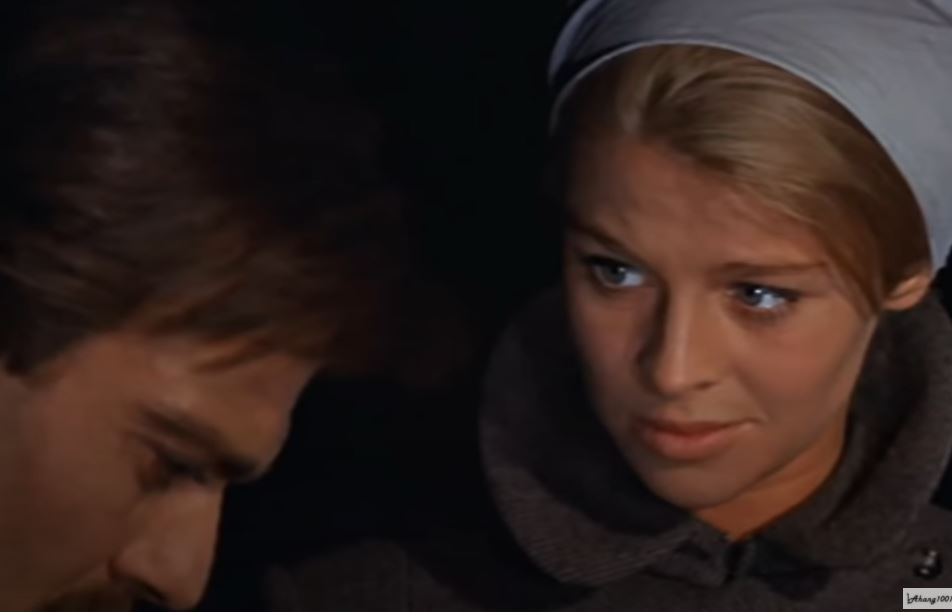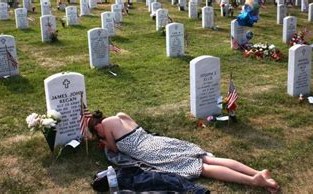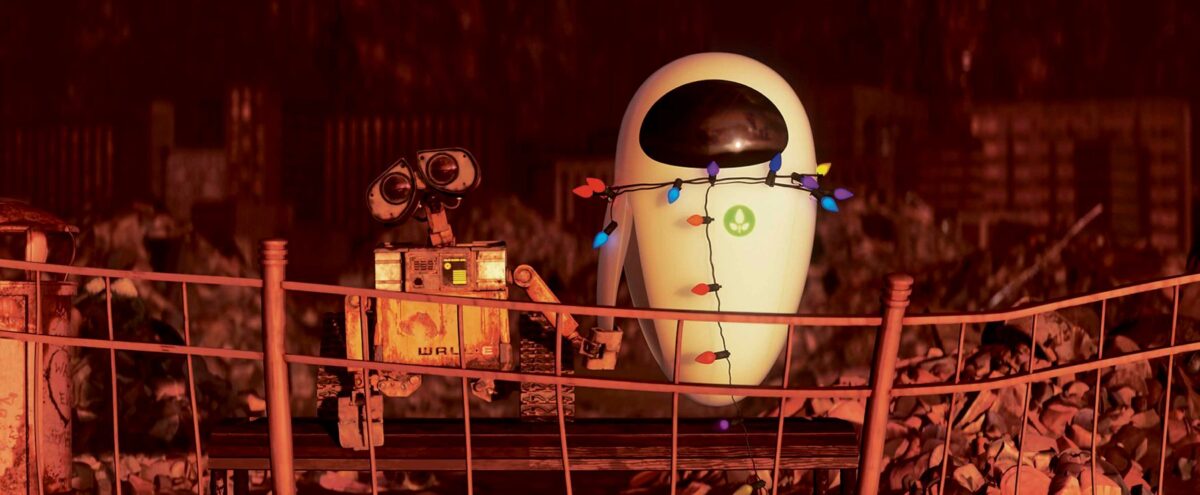There is a Facebook group that calls itself “The View From My Window.” It features appealing, pleasing photos of a variety of scenes and locales, taken out a window by members of the group. Although I am not a member of that group, some of the pictures taken show up on my page, and I enjoy seeing them. But it was the “view from my window,” early one Sunday morning, that gave rise to this blog.
My first morning cup of coffee is typically enjoyed as I lie propped up on my bed, looking out the sliding glass door at the view of the lake across the road, the sun not yet quite showing over the hills to the far side of the lake, and at the changing artwork of the sunrise. It is a time when my mind seems to wander down unexpected paths, drifting over questions that seem to come from I don’t know where. And one of those questions that November morning was why, even as the years pass, the pain of losing someone close to us seems to never let go of something deep within us.
That question, perhaps unanswerable, was not the first to arise that morning. What had earlier been tumbling through my thoughts was the question, “Why do we fall in love with who we fall in love with?”
Asked in a different way, “What causes two people to so often quickly come to feel they are meant for each other, to fall in love?”

There is a scene in the movie, Dr. Zhivago, starring Omar Shariff and Julie Christie, where she, a field nurse, is assisting him, an army doctor, as he is treating a wounded soldier. At one point, she just glances at him, looking at him. It is clear, in that glance, that she has fallen in love with him. The remainder of the movie follows their rather tragic paths through the remaining years of the war, and the rise of the Communist government in Russia.
But that experience is so much a part of the human story. Two people, by chance or circumstance, are brought together. Sometimes it happens in a moment, sometimes over time, but they fall in love. And in most cases, it is a love that endures throughout their remaining lives. Neither of the couple could imagine ever spending their life with someone other than that one they so love.
To the romanticist, it’s a lovely story about human nature. But to the pragmatist, one has to wonder, “what’s the point?”
We were created male and female, to join together to procreate and continue the species. Centuries of human life and experience have demonstrated the efficacy of the two sharing a life, while raising their offspring to adulthood and independence. It works best for all concerned, that way. The very concept of the “nuclear family” evolved out of that history. But that would be true, even if done under some form of “contract,” or simply mutual agreement.

To me, that doesn’t answer the question, “Why do we fall in love?” It doesn’t provide an answer to what Lara saw in Dr. Zhivago, that time on the battlefield. Nor does it answer the question of why that experience is so much a part of our nature, as humans.
I speak from personal experience. As I described in an earlier post, the night of my first actual date with my college classmate, Colleen Cady, something completely unexpected happened to me—to both of us, actually. As I put it then, “I apparently had a Colleen-shaped hole in me that she just slipped into, that night, and there she remained the rest of her life.” And she had virtually the same reaction. We “fell in love,” that night, and in a matter of months, were married. And why is that, I wondered? How did that happen?

As I stood in disbelief, more than a half-century later, knowing that she had indeed left me, that hole was once again void. Now, an equally vexing question arises. Why does that hole still feel so empty, why does it still hurt so deeply, nearly a decade later? Or, as is often asked by those suffering through similar circumstances, “Does the pain ever end?”
If the purpose of marriage is to simply provide the most effective means of continuing our race, and we each served that purpose to the best of our abilities, then why should it be so painful when that role has ended?
As the sun began to show itself over the hills across the lake, that question ultimately came down to a simple, but profound one: “What is the real purpose of the unique love a man and woman can feel for each other.” Or, as I asked in the opening of this piece, “Why do we fall in love?”
An unexpected answer to that question began to form in my mind, as later in the morning I was listening to the message of Pastor Doug, of Calvary Chapel Church, in Fort Lauderdale, Florida. He was speaking of the love God shows us, his creation, his “children.” And that, I began to perceive, is perhaps the answer to my question.
Did God put that love that a couple can feel for each other, I wonder, within us to give us an example we can understand of His love for us? There are many manifestations of the human emotion we call “love.” Books have been written, songs composed, on the subject. But the one, unique form of those is the love that can so quickly come to exist between a man and a woman.
The pain that never leaves us, when we lose that one person who became so much a part of us, must be, I began to comprehend, the pain God feels when he loses one of us to the ways of the world. And the joy that having such a person in our lives must, in some way, be the joy that God feels when we let ourselves accept His love for us.
So, I began to perceive, we fall in love because God “designed” us that way, so we could experience in our human lives what we can then experience for eternity, if only we accept that love. As to why it occurs between the particular two, I have to believe it is because God knows who we most need in our lives.
The answer to why I so quickly fell in love with Colleen Cady, that night, when there were other girls in my life who were also attractive, both in appearance and personality, but that had no appeal for me, began to be answered, that November morning.





